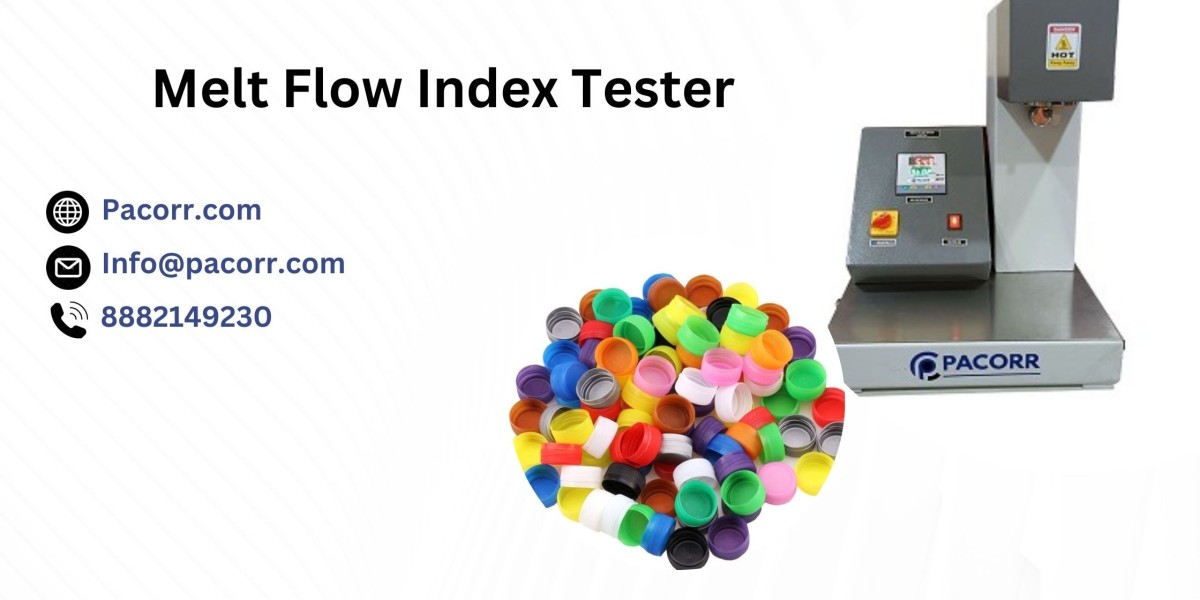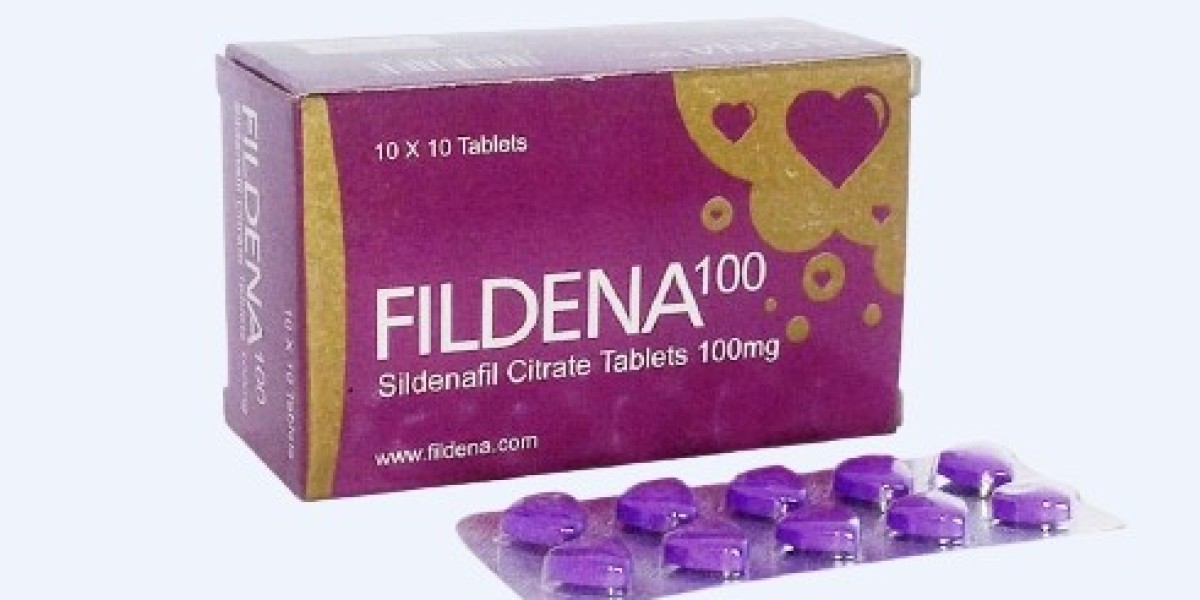What is a Melt Flow Index Tester?
A Melt Flow Index Testing is a specialized instrument used to measure the rate at which a polymer melts and flows under specified conditions of temperature and pressure. This measurement, expressed in grams per 10 minutes, is crucial for assessing the quality and suitability of plastics for various applications. The MFI value provides insight into how a polymer will behave during processing and in its final application.
Key Features of Pacorr's Melt Flow Index Tester
Precision and Accuracy: Our testers provide highly accurate measurements, ensuring reliable data for quality control and research.
User-Friendly Interface: The intuitive controls and digital display make it easy to operate the device, even for those new to polymer testing.
Robust Construction: Built with high-quality materials, our testers are designed to withstand rigorous use in industrial environments.
Versatility: Suitable for a wide range of thermoplastic materials, including polyethylene, polypropylene, and polystyrene.
Compliance: Our testers comply with international standards such as ASTM D1238 and ISO 1133.
How Does the Melt Flow Index Tester Work?
The operation of a Melt Flow Index Testing involves several steps:
Sample Preparation: A specific amount of polymer sample is preheated in the testers barrel.
Melting: The sample is melted at a predetermined temperature.
Extrusion: A standard weight is applied to the molten polymer, forcing it through a capillary die.
Measurement: The extrudate is collected over a specified time interval, and its mass is measured to calculate the MFI.
Applications of the Melt Flow Index Tester
Quality Control: Ensures the consistency and reliability of plastic materials in manufacturing processes.
Research and Development: Aids in developing new polymer grades with desired flow properties.
Material Selection: Helps in selecting the right polymer for specific applications, ensuring optimal performance and cost-effectiveness.
Regulatory Compliance: Ensures that materials meet industry standards and regulations.
Benefits of Using Pacorr's Melt Flow Index Tester
Enhanced Product Quality: By providing accurate MFI values, our testers help maintain the quality and performance of plastic products.
Process Optimization: Understanding the flow properties of polymers can lead to improved processing conditions, reducing waste and increasing efficiency.
Cost Savings: Accurate MFI testing can prevent material failures and reduce the need for costly rework.
Regulatory Assurance: Ensures compliance with industry standards, avoiding potential legal and financial penalties.
FAQ: Melt Flow Index Tester
Q1: What is the importance of the Melt Flow Index in plastics?
A1: The Melt Flow Index Tester Price is crucial for understanding the flow properties of a polymer, which affects its processing and final application. It helps in selecting the right material for specific uses and ensures consistent quality in production.
Q2: How is the Melt Flow Index measured?
A2: The MFI is measured by heating a polymer sample to a specific temperature and applying a standard weight to force the melt through a capillary. The mass of the extrudate collected over 10 minutes is used to calculate the MFI value.
Q3: What materials can be tested with a Melt Flow Index Tester?
A3: A wide range of thermoplastic materials can be tested, including polyethylene (PE), polypropylene (PP), polystyrene (PS), and other polymers.
Q4: Why is it important to comply with standards like ASTM D1238 and ISO 1133?
A4: Compliance with these standards ensures that the test results are accurate, reliable, and comparable across different laboratories and industries. It also ensures that the materials meet regulatory requirements.
Q5: How does the MFI affect the processing of plastics?
A5: The Melt Flow Index Tester provides insights into how a polymer will behave during extrusion, injection moulding, and other processing methods. A higher MFI indicates lower viscosity, which can influence processing conditions and final product properties.
Q6: Can the Melt Flow Index Tester be used for recycled plastics?
A6: Yes, the MFI Tester is useful for evaluating the flow properties of recycled plastics, ensuring that they meet the required standards for reuse in manufacturing.
Q7: What maintenance is required for a Melt Flow Index Tester?
A7: Regular cleaning of the barrel and die, calibration checks, and ensuring the proper functioning of the heating system are essential for maintaining the accuracy and longevity of the tester.
Conclusion
Pacorr's Melt Flow Index Tester Price is an essential tool for anyone involved in the production, quality control, or research of plastic materials. With its precise measurements, user-friendly design, and compliance with international standards, our MFI Tester helps ensure that your plastic products meet the highest quality standards. Whether you are developing new materials or ensuring the consistency of existing ones, our Melt Flow Index Tester provides the reliable data you need to succeed.
For more information about our Melt Flow Index Tester and other quality testing instruments, visit Pacorr.








